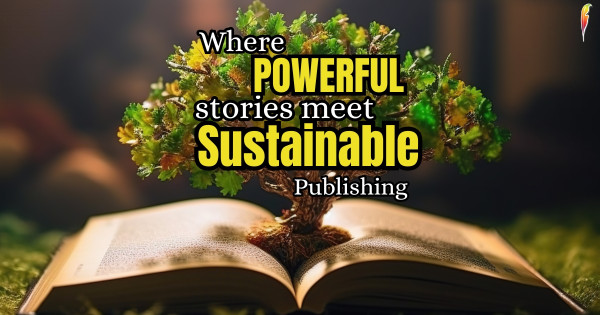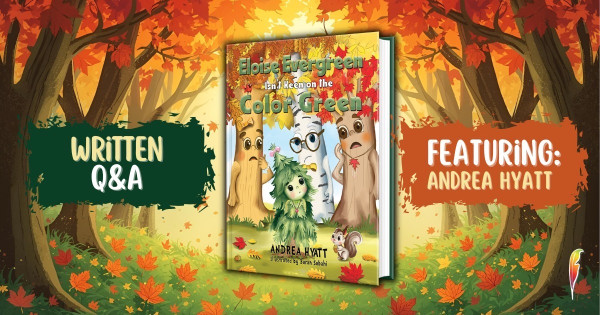.jpg)
How To Create the Perfect Title for Your Book
What captures a reader’s interest even before they know the story of the book?
Is it the plot? The genre? The storyline? The main characters? Or Something else…
What would you say when we tell you that the title of your book is the thing that makes the readers eager to jump into the story, gets them curious, and even arouses a hint of the genre? In a nutshell, the title of your book is your first pitch to the reader.
The title that you choose can directly affect the visibility and sales of your book. A catchy title will draw readers in, whilst a bad one can be easily overlooked. This blog will provide all the necessary tips for you to come up with a title that will make a mark in the literary world and attract the attention of your target readers.
Start with Your Genre
The Genre of your book is everything, even more important than the Name itself…
Why is that?
The genre you choose will contribute towards the name of your book, whether it be a thriller, mystery, romance, memoir, or fantasy. The genre helps you choose the title for your book. Try to incorporate genre-specific keywords in the title, as this will help to give the reader an insight into what the story could be about.
Want to explore examples of other genres? Click here to view our collection.
If you are an aspiring writer, looking to understand genres and subgenres to choose the right title, read our blog here.
How to Research Book Titles in Your Genre
Research what kinds of titles are commonly used in your genre and how they can inspire your own.
-
Check out similar books of the same genre or theme. This will assist you in deciding on a book title that best fits the story.
-
Take inspiration from the titles but avoid copying them directly, particularly well-known or trademarked titles.
-
Remember SEO (Search Engine Optimization)! A good title is something that can enhance the visibility of your book because it will help in positioning it higher in search results.
Things to Avoid While Selecting Book Titles
Titles should not be too generic and ideally, should not belong to famous works. Watch out for:
-
Titles that don't fit the genre of your book
-
Titles that are too long or overly complex
-
Using language that may be rude or insensitive
-
Using too many keywords or following trends without considering what your story is truly about.
Brainstorm Ideas for Your Book Title
To think of a creative book title, you should first brainstorm ideas that resonate with the themes, emotions, and defining moments in your story.
Book Title Ideas
-
Consider the emotional appeal, character arc, figurative language, or memorable lines in the story.
-
Look for inspiration from frequently repeated metaphors, names of characters, places, or conversations. Make a list of 10-15 titles based on these elements.
-
Your title should be natural and organic. Stick to what suits your narrative.
-
Read through each of your title ideas aloud and imagine them on a cover. The most successful titles strike a chord with the readers and reflect the very nature of the book in question.
-
You should always strive to create something memorable, meaningful, and realistic in the world you have established.
Sometimes Simpler Is Smarter
Readers often find simple titles easier to understand and relate to, which can make them more appealing than long and complicated titles. Besides the fact that it becomes easier to recommend it to others, simplicity contributes to the fact that the title sticks in the reader’s memory.
In selecting the title, consider using words or phrases that are powerful and to the point. In the case that your book title is too short, poetic, or abstract, think of a subtitle that explains the content or theme of the book. Keep in mind that book titles play an important role in searchability. Using words your target readers might type into search engines when looking for a book like yours can make a big difference. Being too abstract with your book title can be risky unless your genre or author brand can support it. Aim for a balance between creativity and clarity before naming your book because this will enable the readers to know what your book is all about at first sight.
Conclusion
The title you select is vital to the visibility and sales of your book. When your book has an impactful and catchy title, it is possible to attract the attention of readers and to provide them with some hints about the genre and the story. The simplest solution to making the title of your book memorable is making sure that it reflects and matches the story you have written, the title grasps the attention of the audience, and stimulates originality. One final tip: when you edit, make sure you consider your title again - your title should change as your manuscript does.
We use cookies on this site to enhance your user experience and for marketing purposes.
By clicking any link on this page you are giving your consent for us to set cookies



